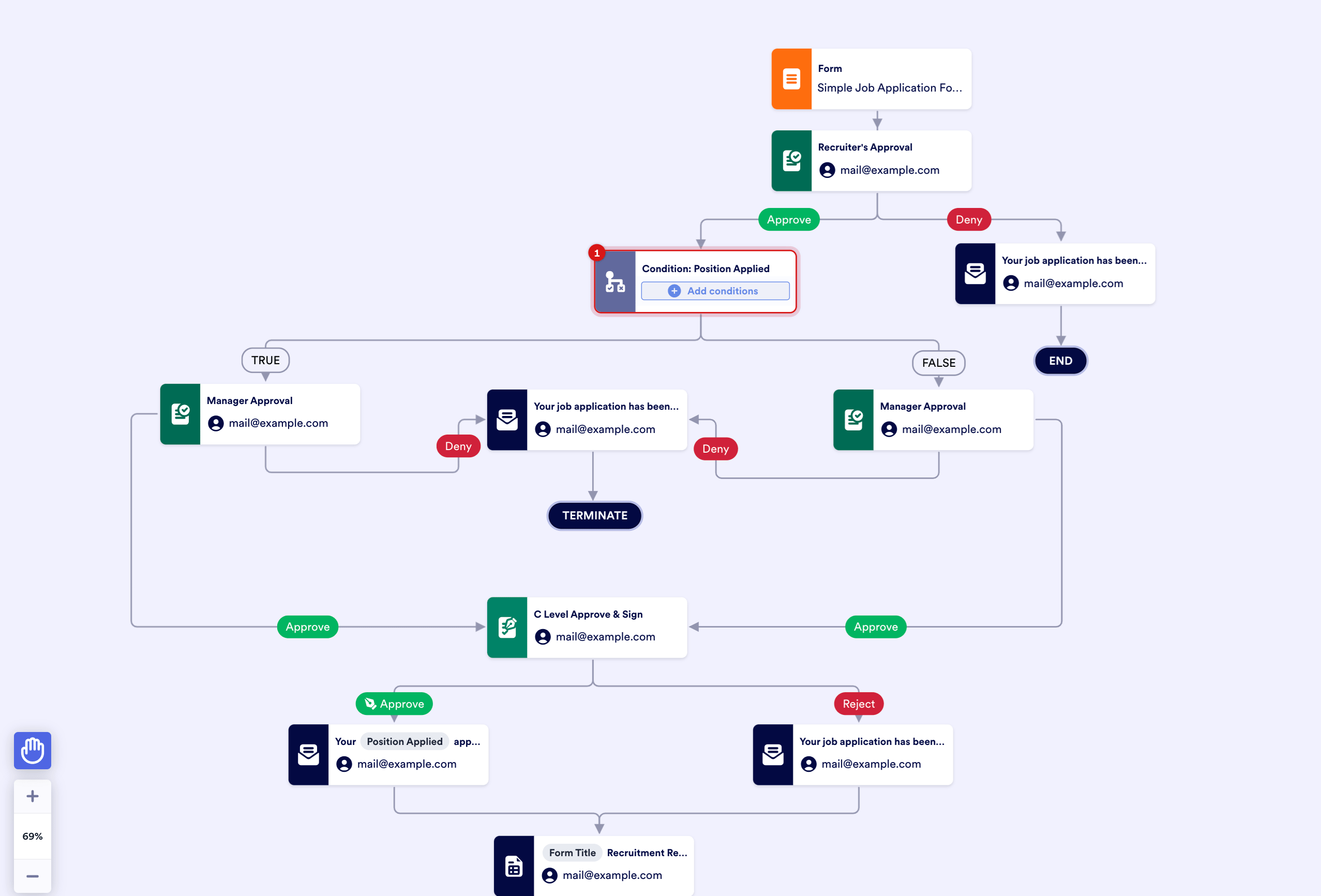Google Ad recommendations are based on their algorithms and data analysis, which aim to help advertisers achieve their marketing goals more effectively. Following these recommendations may result in higher click-through rates, increased ad performance, and ultimately better ROI.
However, it is essential to note that not all recommendations may be relevant or suitable for your specific advertising needs. It’s always best to evaluate each recommendation critically and determine whether it aligns with your business objectives and advertising strategies.
Example: Google Ad “Keywords & Targeting” recommendations can be helpful in identifying potential keywords for your advertising campaigns, but they should not be blindly followed without any consideration or research.
Here are a few reasons why you should be cautious about relying solely on Google Ad keyword recommendations:
- They may not be relevant to your specific business or target audience: Google’s algorithm generates keyword recommendations based on a variety of factors such as search volume, competition, and relevance. However, these recommendations may not always align with your business goals or target audience.
- They may be too broad or generic: Keyword recommendations from Google Ads may be too broad or generic, which can result in your ads being displayed to an audience that is not interested in your product or service.
- They may not consider negative keywords: Google’s algorithm may recommend keywords that are related to your business but may not be relevant to your campaign goals. This can be addressed by adding negative keywords to your campaign to filter out unwanted traffic.
In summary, it is advisable to consider Google Ad recommendations as a useful tool to optimize your advertising campaigns, but you should evaluate each recommendation before implementing it to ensure it aligns with your goals and strategies.




